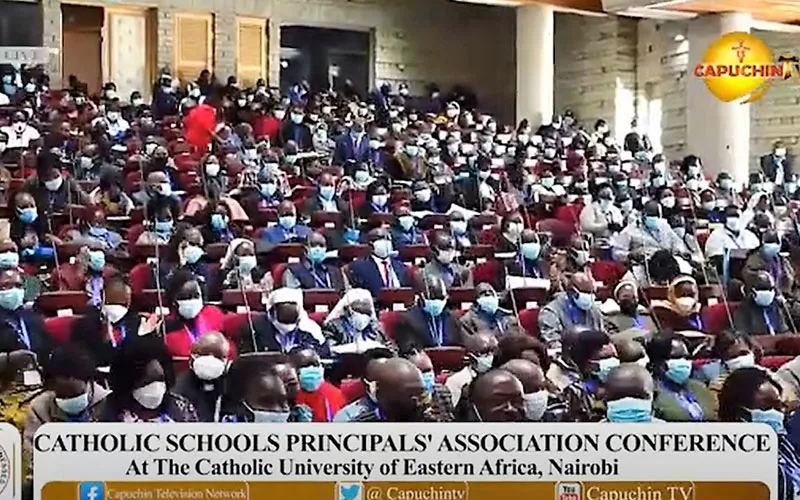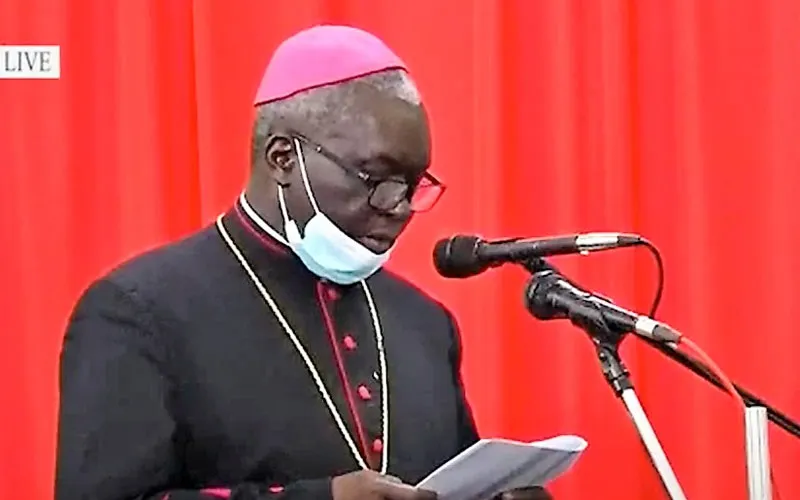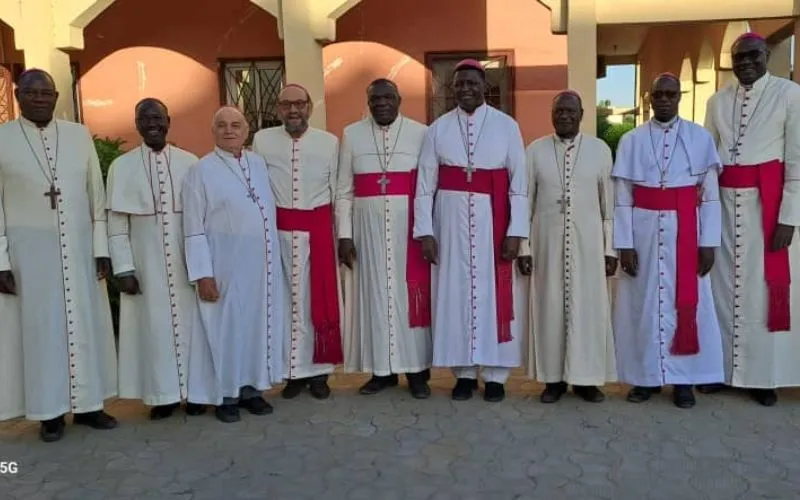Nairobi, 06 July, 2022 / 9:00 pm (ACI Africa).
Principals of Catholic Schools in Kenya have been urged to ensure “a distinctive Catholic identify” in their respective institutions of learning.
In his Monday, July 4 address during the official opening of the seventh edition of Kenya’s Catholic Schools’ Principals Association (CaSPA) conference in Nairobi, Archbishop Philip Subira Anyolo underlined the need to “create a culture of care that nurtures a value-based education that recognizes the dignity” of everyone.
“It is the task of the Catholic schools’ leadership to ensure that a distinctive Catholic identity is maintained by helping parents and all staff and students understand what this identity is all about,” Archbishop Anyolo said at the start of the three-day event taking place at the Catholic University of Eastern Africa (CUEA).
He explained, “There is need for the parents and the teachers to be empowered by you our dear Principals so that they can effectively educate their children on such matters as human sexuality, radicalization, drug and alcohol abuse, and on the dangers of comprehensive sexuality of education.”
The conference that the Kenya Conference of Catholic Bishops’ (KCCB) commission for Education and Religious Education is spearheading seeks to equip teachers with values, morals in faith formation.




 Archbishop Philip Subira Anyolo's address during the official opening of the seventh edition of Kenya’s Catholic Schools’ Principals Association (CaSPA) conference in Nairobi. Credit: Courtesy Photo
Archbishop Philip Subira Anyolo's address during the official opening of the seventh edition of Kenya’s Catholic Schools’ Principals Association (CaSPA) conference in Nairobi. Credit: Courtesy Photo



